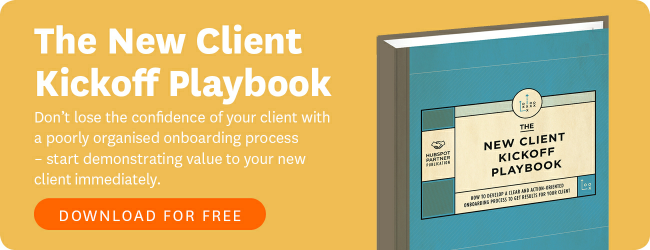You’ve got a crack agency team who are begging for more professional development opportunities, and account managers who are keen to branch out into new territory. The problem is you’re lacking the time and resources to send your staff on expensive training courses. Could there be a solution?
The radical education revolution that’s sweeping the world is unbelievably good news for agency leaders. Now further learning and development for your team doesn’t have to cost the earth – in fact, it may not need to cost a thing.
Open Source Learning (also referred to as a ‘MOOC’ or Massive Open Online Course) is an emerging education practice that uses the scope and power of the Internet to enable students to create and manage their own learning experiences through interactive material that is available online to everyone. In the words of Sir Ken Robinson, “technology has changed the whole context of education”. World-leading universities such as Harvard and MIT have openly embraced the open education model (excuse the pun) and it’s time for agencies to do the same.
What’s in it for your Agency?

Investing in your team and letting them know you have a vested interest in their career development and progression has significant effects on workplace productivity, and boosting employee morale. And for most agencies, where people are the most important asset, employee satisfaction is inexorably linked to profitability.
So ask yourself: ‘Are we empowering potential in our workforce?’ And if the answer is no, how can you capitalize on the open source education model to help achieve this?
1. Instill a culture of learning

This is the most important step. Examine the internal culture at your agency; is learning and development encouraged and supported? Are there systems in place that promote skill-sharing and/or personal development and training? Do you have an open door policy? (i.e. how accessible is senior management for career development planning and goal setting?) According to Forbes, “employees must feel that they have a purpose in their jobs”. It may be worth re-evaluating the team review structure. If reviews are too infrequent, try quarterly reviews, or ‘informal catch-ups’ every few months.
2. Openly advocate open education platforms

Traditional training and development at agencies is infrequent, expensive and might be limited to a lucky handful. MOOCs on the other hand, have the benefit of offering a variety of courses, have no limit on numbers and require a degree of autonomy or discipline – a great additional skill for staff to learn/develop. Great places to start are platforms such as Coursera, which offers free online classes from 80+ top universities and organizations and FutureLearn. Still in beta mode, FutureLearn offers a range of high-quality online courses from some of the world’s leading universities and other outstanding cultural institutions. Its aim is “to connect learners from all over the globe with high quality educators, and with each other.” And upon completion of a course, accreditation is offered – the tangible benefit for employees.
3. Make it your own

A big attraction at corporates like Deloitte is the time and resource spent on employee development. The creation of Deloitte University, a specially designated in-house learning centre, has gone a long way in solving problems like employee retention. But if you don’t have the resources to start your own Deloitte University, so what? You’re creative. The normal rules don’t apply. You can still create your own version of ‘open education’ through:
- Peer-to-peer skill-sharing. The old adage that ‘you can learn something from everyone you meet’ has never been truer. Think offline one-on-one sessions, pairing up employees with complementary skill-sets, who might benefit from being coached by the other.
- Creative workshopping. Informal sessions with creative activities that introduce new ways of thinking and problem solving. Organizations like The Open Fort help tap ‘potential creativity’.
- Free inspiration. Take a Friday of every month out and host breakfast talks. Engaging lectures from TED, CreativeMornings, PSFK or 99U are all great for inspiration and mindfood. Pick ones that are relevant to a client or industry you’re working on, conduct a little post-lecture analysis and discussion. You’ll be amazed at what comes from it.
So there you have it. The Open Education Model – in whatever form you choose to embrace it – can help empower the potential in your workforce.
The rest is up to you.







